Uncategorized
-
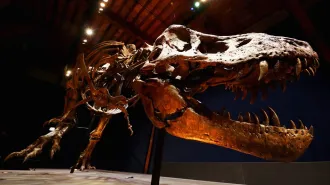 Paleontology
PaleontologyT. rex’s incredible biting force came from its stiff lower jaw
T. rex could generate incredibly strong bite forces thanks to a boomerang-shaped bone that stiffened the lower jaw, a new analysis suggests.
By Sid Perkins -
 Climate
ClimateMangrove forests on the Yucatan Peninsula store record amounts of carbon
Dense tangles of roots and natural water-filled sinkholes join forces to stockpile as much as 2,800 metric tons of carbon per hectare in the soil.
-
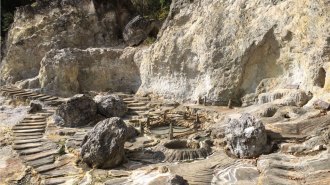 Microbes
MicrobesThese climate-friendly microbes recycle carbon without producing methane
A newly discovered group of single-celled archaea break down decaying plants without adding the greenhouse gas methane to the atmosphere.
-
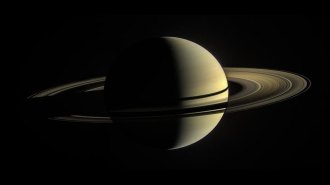 Astronomy
AstronomySaturn has a fuzzy core, spread over more than half the planet’s diameter
Analysis of a wave in one of Saturn’s rings has revealed that the planet’s core is diffuse and bloated with lots of hydrogen and helium.
By Ken Croswell -
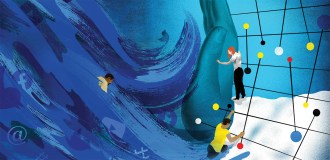 Science & Society
Science & SocietyHow to detect, resist and counter the flood of fake news
Misinformation about health is drowning out the facts and putting us at risk. Researchers are learning why bad information spreads and how to protect yourself.
-
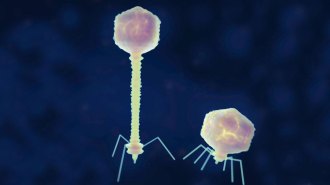 Life
LifeSome viruses thwart bacterial defenses with a unique genetic alphabet
DNA has four building blocks: A, C, T and G. But some bacteriophages swap A for Z, and scientists have figured out how and why they do it.
-
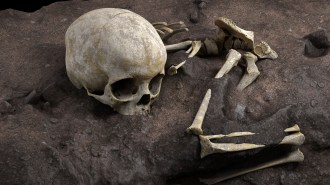 Anthropology
AnthropologyA child’s 78,000-year-old grave marks Africa’s oldest known human burial
Cave excavation of a youngster’s grave pushes back the date of the first human burial identified in the continent by at least a few thousand years.
By Bruce Bower -
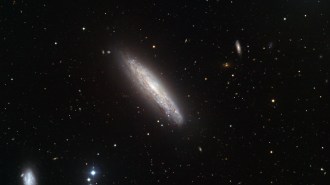 Space
SpaceA rare glimpse of a star before it went supernova defies expectations
A hydrogen-free supernova in a nearby galaxy appears to have come from an unusual source.
-
 Health & Medicine
Health & MedicineHow a small city in Brazil may reveal how fast vaccines can curb COVID-19
Almost all adults in Serrana, Brazil, got COVID-19 shots. That may help answer questions about how well vaccines will work to end the pandemic.
-
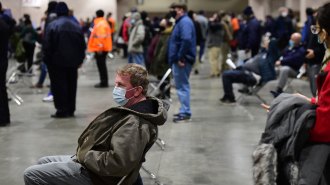 Health & Medicine
Health & MedicineHere’s what breakthrough infections reveal about COVID-19 vaccines
Studies analyzing vaccinated people in the real world show that COVID-19 vaccines are extremely effective, but experts are keeping an eye on variants.
-
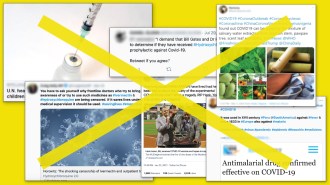 Science & Society
Science & SocietyA few simple tricks make fake news stories stick in the brain
Human brains rely on shortcuts to be efficient. But these shortcuts leave us vulnerable to false information.
-
 Science & Society
Science & Society2,500 years ago, the philosopher Anaxagoras brought science’s spirit to Athens
Natural philosopher Anaxagoras promoted the view that phenomena should be explained by natural processes, not attributed to the actions of the gods.